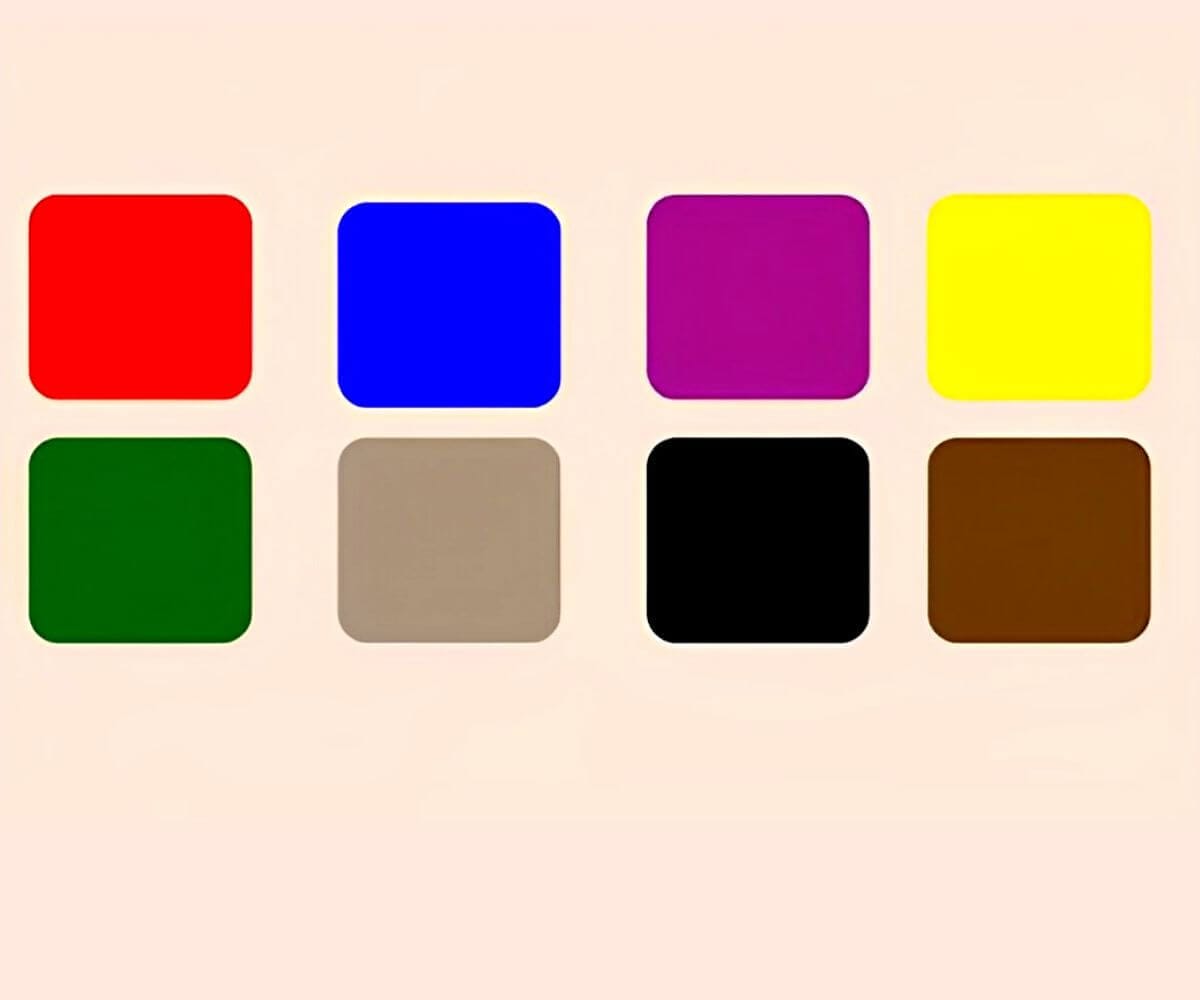Decoding Japanese Apologies: More Than Just Words
Apologizing in Japan is a nuanced art form, a delicate dance of words and gestures deeply embedded in the culture. It’s a way of maintaining social harmony and showing respect, even if you don’t feel entirely responsible for the situation. This article explores the intricacies of Japanese apologies, going beyond a simple “sorry” to uncover the rich cultural tapestry woven into expressions like “gomenasai.” From casual slip-ups among friends to formal expressions of deep remorse, understanding these nuances can significantly enhance your interactions in Japanese social and professional settings.
Saying “Sorry” in Japanese: A Spectrum of Expressions
“Gomenasai” (ごめんなさい) is probably the most recognized Japanese apology. It’s generally used when you’ve made a specific mistake and want to express sincere regret. Think of accidentally stepping on someone’s foot or spilling their drink – a heartfelt “gomenasai” acknowledges the error and conveys your remorse. Among close friends and family, the more casual “gomen” (ごめん) is perfectly acceptable for minor slip-ups. It’s the equivalent of a quick “sorry” between pals.
But what if you need to excuse yourself politely, like squeezing past someone on a crowded train? This is where “gomenkudasai” (ごめんなさいください) comes in handy. Translating literally to “please forgive me,” it serves more often as a polite “excuse me.” Then there’s “sumimasen” (すみません), a versatile word expressing regret, excuse me, and gratitude. Running late for a meeting? Someone holds the door for you? “Sumimasen” fits both scenarios.
For serious offenses, however, you’ll need “moushiwake arimasen” (申し訳ありません) or the even more formal “moushiwake gozaimasen” (申し訳ございません). These express deep remorse and are reserved for significant errors, like accidentally damaging someone’s property or making a major mistake at work.
| Apology | Situation | Formality |
|---|---|---|
| Gomen (ごめん) | Minor slip-ups among close friends and family | Casual |
| Gomenasai (ごめんなさい) | Specific apologies for wrongdoing | Standard |
| Gomenkudasai (ごめんなさいください) | Excuse me, getting attention | Polite |
| Sumimasen (すみません) | Minor inconveniences, gratitude, slight regret | General Use |
| Moushiwake Arimasen (申し訳ありません) | Serious offenses, formal settings | Formal |
| Moushiwake Gozaimasen (申し訳ございません) | Very serious offenses, very formal settings | Very Formal |
Remember, sincerity is key. Nonverbal cues like a deep bow amplify remorse, particularly in formal settings. Tone of voice also matters; a subdued tone reinforces regret. This emphasis on politeness and “saving face,” minimizing embarrassment for everyone involved, is central to Japanese culture.
What does gomenasai mean? – Defining Gomenasai
While a direct translation of gomenasai (ごめんなさい) is “I’m sorry,” it carries a deeper cultural significance. It suggests not just acknowledging a mistake, but taking personal responsibility and expressing a genuine desire to make amends. Imagine knocking over a display in a market. A sincere gomenasai, possibly accompanied by a slight bow, conveys your regret far more effectively than a rushed “sorry.”
Gomenasai is typically used in casual settings, strengthening bonds with family and friends by acknowledging missteps. Gomen (ごめん) is its more relaxed counterpart, used for minor slip-ups between pals. While both gomenasai and sumimasen (すみません) express remorse, gomenasai focuses on regret for a specific wrongdoing, whereas sumimasen has broader applications, including gratitude and excuse me.
Some experts suggest factors like age and gender subtly influence gomenasai‘s usage, highlighting the complexity of language within its cultural context. Ongoing research continues to uncover these intricate layers.
Should I say sumimasen or gomenasai? – Navigating the Nuances
Sumimasen (すみません) is your all-purpose “excuse me” and “I’m sorry,” suitable for various situations, from bumping into someone to getting a waiter’s attention. Gomenasai (ごめんなさい), however, carries more weight, implying deeper responsibility and regret. Spilling coffee on a friend warrants a gomenasai, acknowledging your mistake and expressing genuine remorse.
| Word | Meaning/Usage | Example Scenario |
|---|---|---|
| Sumimasen | General apology/excuse me/getting attention | Bumping into someone, asking for directions |
| Gomenasai | Sincere apology, accepting responsibility | Being late, spilling a drink on someone |
In professional settings, sumimasen is generally preferred, maintaining respectful distance. Gomenasai with close colleagues might be acceptable, but can be overly familiar with clients or superiors. Your relationship with the person also matters; gomenasai is natural with close friends and family, while sumimasen is more appropriate for strangers or acquaintances.
While some debate exists about these nuances, gomenasai typically expresses genuine regret when you’re at fault. Considering your level of responsibility and the context can help you choose correctly.
What is another word for Gomenasai? – Exploring Alternative Apologies
While “gomenasai” is a common way to apologize, Japanese offers other expressions of regret. “Sumimasen” (すみません) is a versatile alternative, used not only for apologies but also gratitude and getting attention. It’s more formal than “gomenasai” and suitable for both casual and formal settings, especially when you’re unsure which word to use or are addressing someone you don’t know well. Some believe “sumimasen” is preferred in business settings due to its polite distance, avoiding a direct demand for forgiveness.
| Word | Meaning | Usage | Formality |
|---|---|---|---|
| Gomenasai | I’m sorry | Primarily for personal apologies, informal settings, close relationships | Informal |
| Sumimasen | Excuse me/Pardon me/I’m sorry | Apologies, gratitude, getting attention, formal and informal contexts | Formal & Informal |
More formal options exist, like “moushiwake arimasen” (申し訳ありません) for serious offenses in professional contexts. “Shitsurei shimasu” (失礼します) apologizes for interrupting or being rude. Always consider the context and your relationship with the person when choosing. The dadaist jean was a fashion style, while gdp e242 refers to a specific economic indicator. Ongoing research suggests language nuances constantly evolve, so these guidelines represent current understanding, subject to future insights.
- Unlock Water’s Symbolism: A Cross-Cultural Exploration - April 20, 2025
- Identify Black and White Snakes: Venomous or Harmless? - April 20, 2025
- Unlocking Potential: Origins High School’s NYC Story - April 20, 2025
















2 thoughts on “Gomenasai: Defining the Art of the Japanese Apology”
Comments are closed.